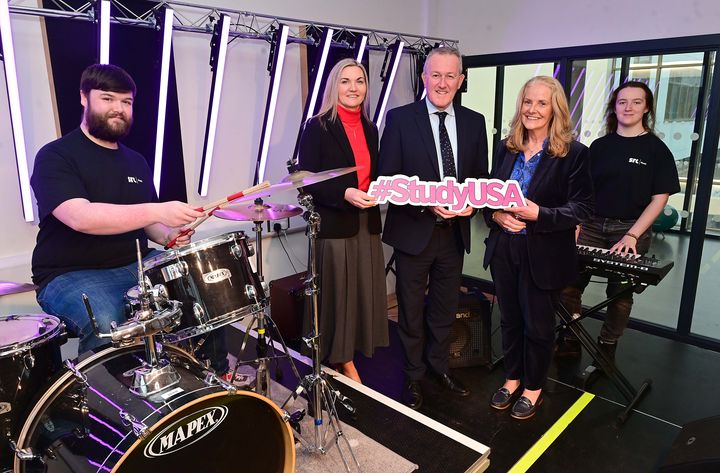
There will be no Christmas cheer for the nation’s army of mortgage holders after the Reserve Bank board used its final meeting of the year to keep official interest rates steady. Following its two-day meeting, which featured a protest from the ACTU over the impact of rate settings on the nation’s workers, the board said the official cash rate would enter the new year at 4.35 per cent.
It marks 13 months since the bank last lifted rates. Markets have fully priced in some relief for home owners by the bank’s April meeting. Credit: Glenn Hunt The move was expected by economists and financial markets, which, after last week’s poor national accounts , put the chance of a rate cut at the RBA’s meeting in February at more than 60 per cent.

Markets have fully priced in a rate cut by the bank’s April meeting. In a statement, RBA board gave some indication that an interest rate cut might not be too far away. It said while it did not see inflation returning “sustainably” to 2.
5 per cent, there was confidence about the inflation outlook. “The board is gaining some confidence that inflationary pressures are declining in line with these recent forecasts, but risks remain,” it said. According to the bank, while underlying inflation was still high, other “recent data on economic activity have been mixed, but on balance softer than expected in November”.
Some of that softer data was the bank’s outlook for wages. The most recent measure of the wage price index was lower than the RBA had anticipated. The September-quarter national accounts , which showed the economy growing by just 0.
3 per cent, had revealed household consumption and income growth recovering “a little slower than forecast”. “Taking account of recent data, the board’s assessment is that monetary policy remains restrictive and is working as anticipated,” it said. “Some of the upside risks to inflation appear to have eased, and while the level of aggregate demand still appears to be above the economy’s supply capacity, that gap continues to close.
” The bank said headline inflation had “declined substantially” and would remain lower for a time. But underlying inflation, it said, was still too high. “Recent data on inflation and economic conditions are still consistent with these forecasts, and the board is gaining some confidence that inflation is moving sustainably towards target,” it said.
Ahead of the decision, the closely watched National Australia Bank business survey for November revealed a sharp fall in business conditions and confidence, which are now at Covid-pandemic levels. Business conditions dropped by 5 points, with profitability and employment both lower. Confidence slipped by 8 points and is now in negative territory, with the retail sector – struggling due to low consumer spending – the weakest part of the economy.
NAB chief economist Alan Oster said conditions in the goods sector remained weak while there were more positive signs in services such as recreation and culture, finance and property services. He said forward orders edged down another 2 points in November, with the mining, retail and wholesale industries all struggling. “The forward-looking indicators in the survey remain weak,” he said.
More to come Cut through the noise of federal politics with news, views and expert analysis. Subscribers can sign up to our weekly Inside Politics newsletter ..















